Optimal Timing for Stucco Service
Understanding the optimal timing for stucco service can influence the durability and quality of the finish. Weather conditions, temperature, and humidity levels are key factors that determine the best period for performing stucco work. Proper scheduling ensures the material adheres correctly and cures properly, minimizing the risk of future issues.
Stucco application is best performed when temperatures are between 50°F and 85°F, ensuring proper curing and adhesion.
Dry weather with low humidity levels reduces the risk of moisture-related problems during and after application.
Spring and early fall are typically optimal seasons, avoiding extreme cold or heat that can affect curing.
Application during freezing temperatures or heavy rain should be avoided to prevent damage and compromised finishes.
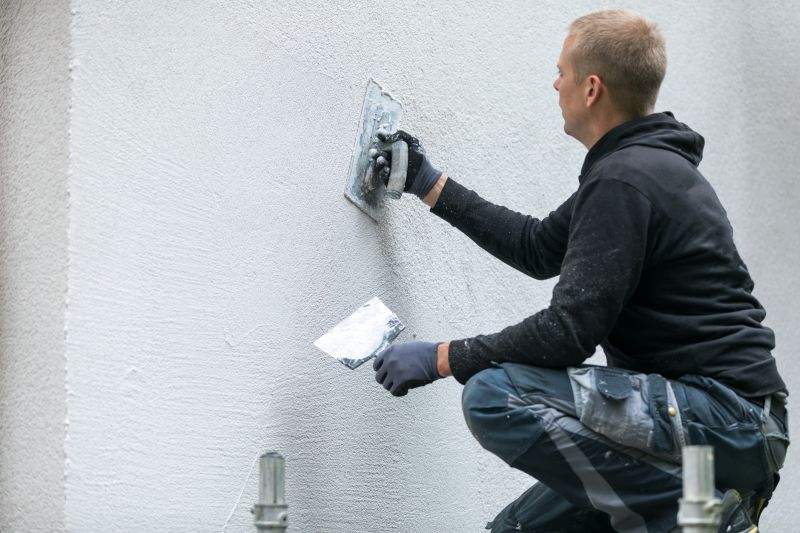
Spring offers moderate temperatures and dry conditions ideal for stucco work.
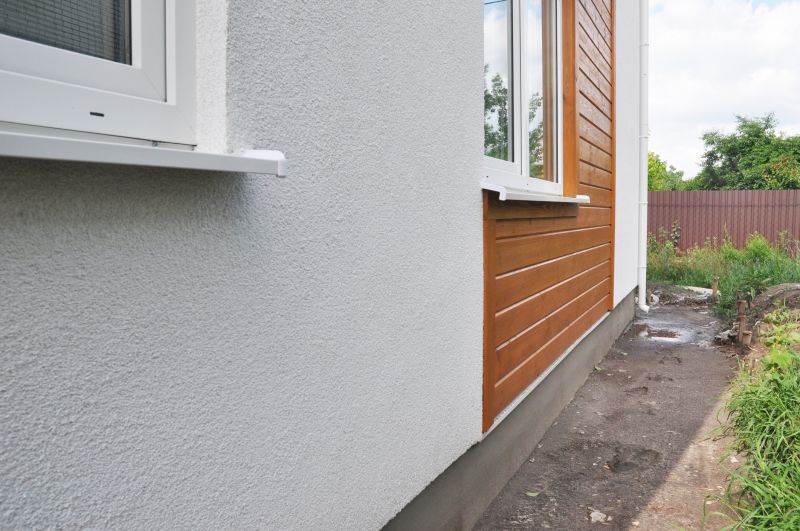
Early fall provides suitable weather for curing before winter sets in.

Summer can be suitable if temperatures are controlled and humidity is low.
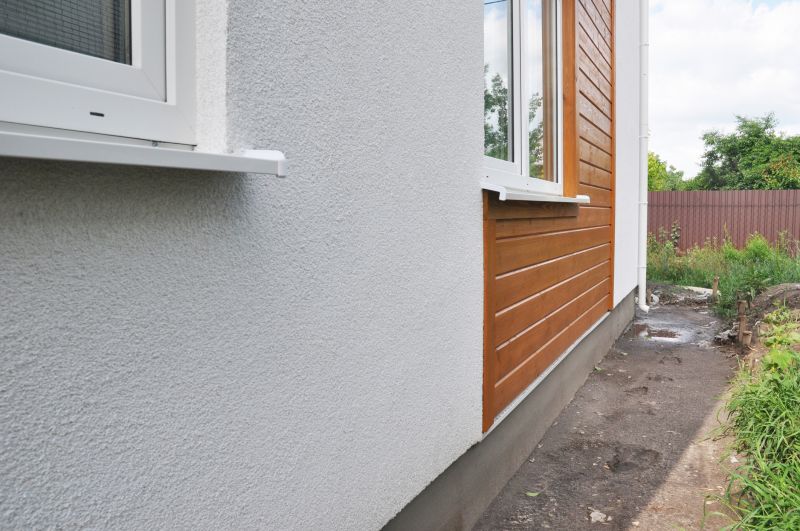
Winter application is generally discouraged due to freezing temperatures and moisture risks.
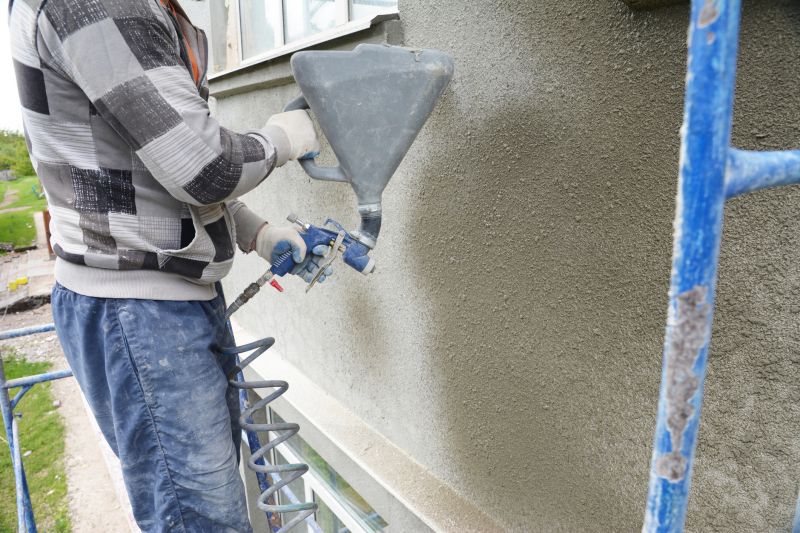
Monitoring local weather forecasts helps determine the best days for stucco work.
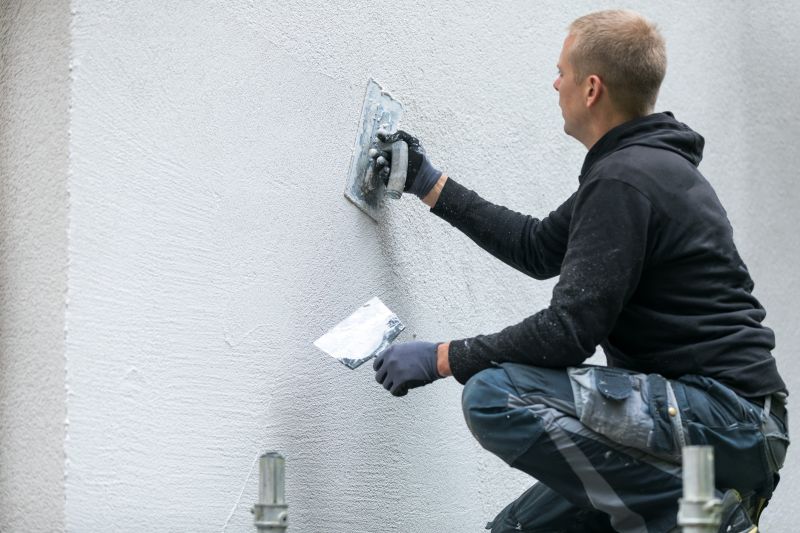
Scheduling during favorable weather conditions ensures high-quality results.
| Season | Recommended Conditions |
|---|---|
| Spring | Moderate temperatures, dry weather, low humidity |
| Summer | Warm temperatures, low humidity, avoid extreme heat |
| Fall | Cooler temperatures, dry conditions, avoid early frost |
| Winter | Not recommended due to freezing temperatures and moisture |
Stucco service involves applying a durable finish to exterior walls, providing both aesthetic appeal and protection. Proper timing ensures the material cures correctly, preventing cracks, peeling, or moisture intrusion. Skilled application during suitable weather conditions can extend the lifespan of the stucco, maintaining its appearance and structural integrity over time.
Statistics indicate that improper timing can lead to increased maintenance costs and reduced longevity of stucco finishes. It is estimated that applications performed during optimal weather conditions have a 30% lower risk of cracking and moisture-related problems. Proper scheduling also minimizes delays and rework, ensuring a smoother project completion.
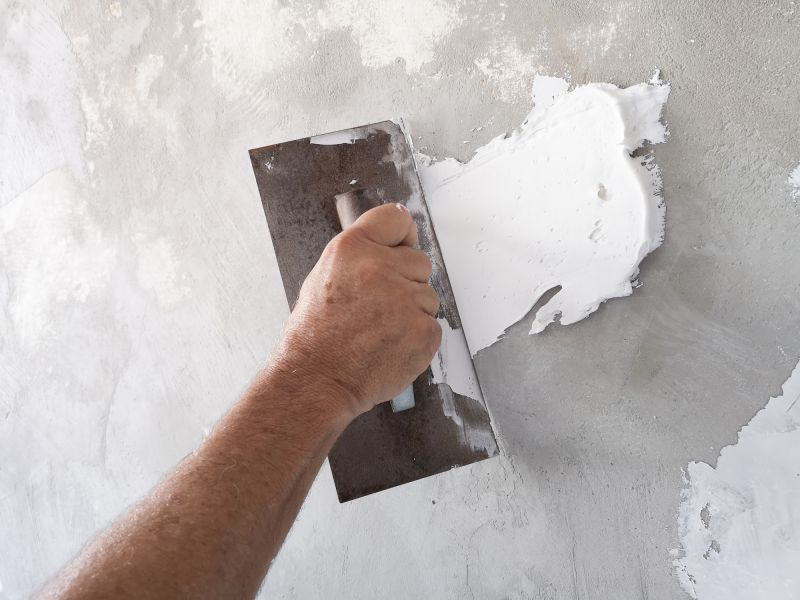
Ensures optimal curing and adhesion for long-lasting results.
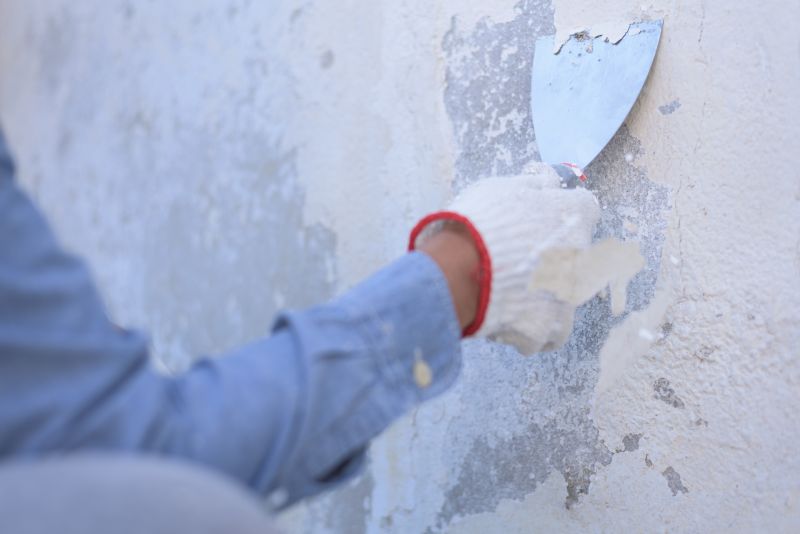
Proper scheduling reduces the risk of future repairs.
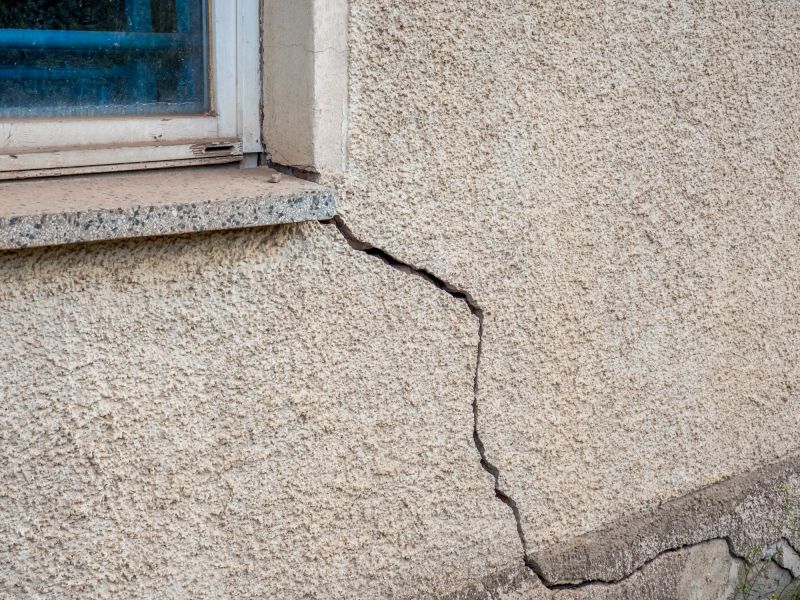
Weather conditions directly influence the longevity of stucco.
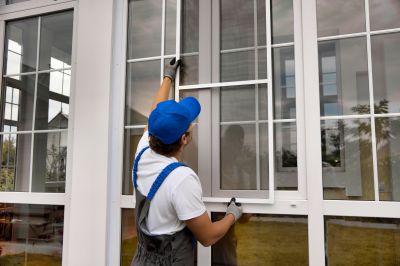
Monitoring weather forecasts helps plan effective application dates.
Interested in scheduling stucco service at the optimal time for your property? Filling out the contact form will connect you with experienced professionals who can assess local conditions and recommend the best schedule for durable, high-quality results.
